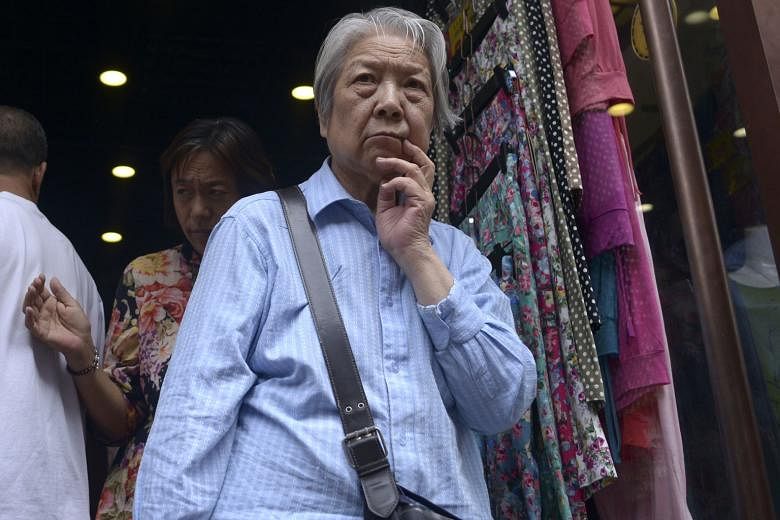The world is grappling with issues such as funding the older generation amid a period of ultra low interest rates but there is a wealth of opportunity in Asia for insurers, according to Deputy Prime Minister Tharman Shanmugaratnam yesterday.
He noted that emerging markets in the region have plenty of potential, with the insurance sector tipped "to grow by 9 per cent per year over the next 10 years".
Mr Tharman added that infrastructure financing is both an opportunity for insurers and a way to contribute to economic growth.
However, firms have to note challenges such as ageing societies that are living longer and an environment of low interest rates.
Mr Tharman told the Global Insurance Forum by International Insurance Society at the Shangri-La Hotel: "We know the current over-reliance on monetary policy to solve the problems arising from the global financial crisis has had downsides for long-term finance, particularly pension funds and insurance funds."
People are living longer and more money has to go into savings.
He said: "Higher savings will in turn mean that a continuing surplus of savings over investment globally, a stubborn gap, and it also means that interest rates over the medium to long term, even after the normalisation of monetary policy, will remain low. This is accentuated by shifts in asset allocation, as the baby- boom generation is also likely to allocate more funds to bonds and other fixed-income instruments, and gradually reduce holdings of equity."
Both advanced and emerging economies are facing the same issues. Brazil, for instance, faces problems as the sustainability of its social security is threatened as funding becomes an issue, while China has multiple pension schemes in different provinces for different groups.
Mr Tharman, who is also Coordinating Minister for Economic and Social Policies, highlighted Singapore's defined contribution pension scheme, which is sustainable, but he stressed that the challenges affect nations worldwide. Pension and insurance funds have shifted to alternative assets in their search for yield, and "globally, there is a limited supply of quality alternative assets.The search for yield doesn't raise yields overall, it just redistributes yields among different players".
Fundamental reforms are required to address the issue of sustainable pensions, including allowing people to work longer and making it attractive for older people to do so.
Mr Tharman also introduced the idea of a greater pooling of funds in what is now a fragmented market and suggested a greater reliance on passive rather than active management, which has increased costs.
"If we can take one percentage point out of the fees and charges that ordinary savers pay in many market-based pension schemes, that one percentage point makes a large difference in retirement savings. Taken over a lifetime of work, that one percentage point will mean at least a 25 per cent improvement in retirement savings. We have to think hard about the reforms that pool and collectivise savings, to reduce the costs for ordinary savers."



